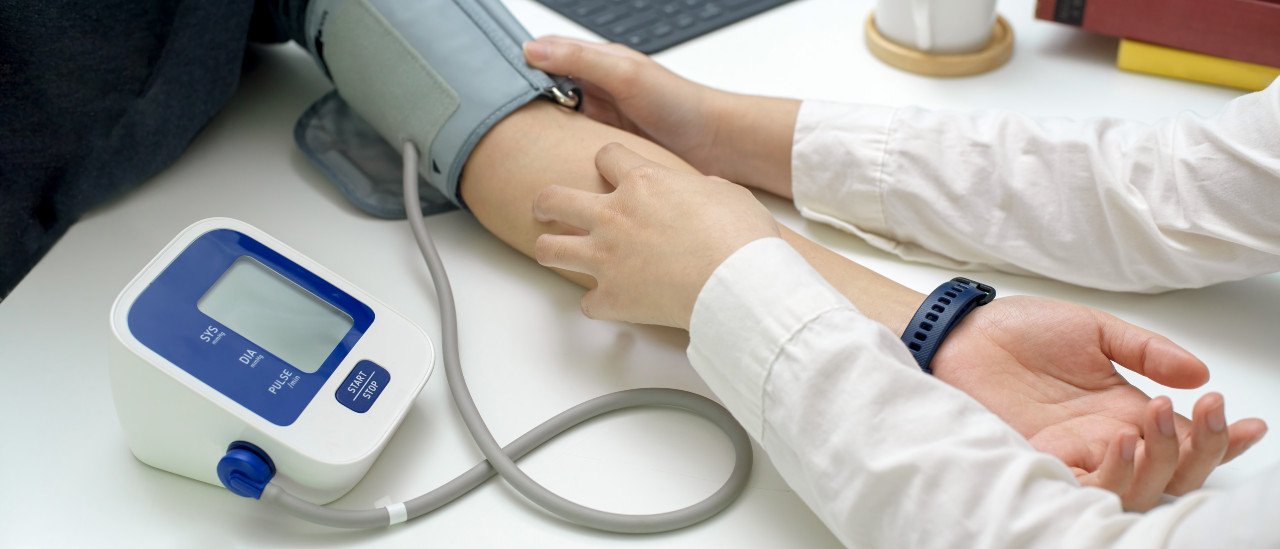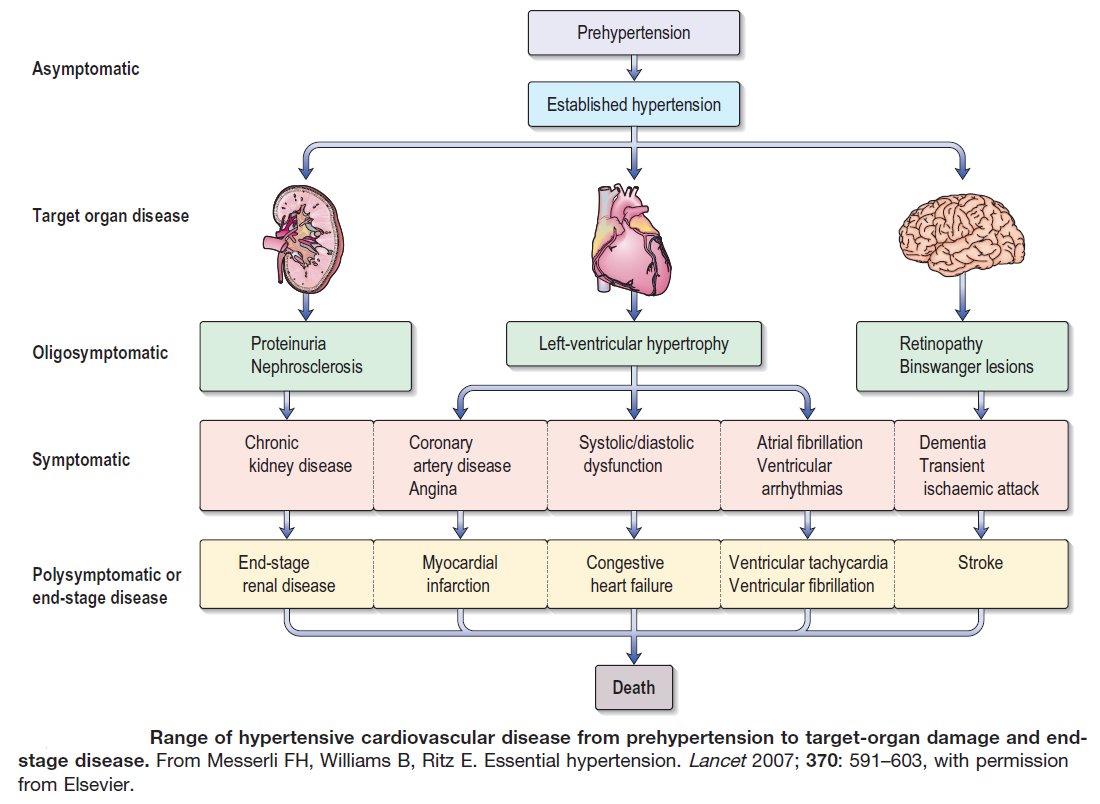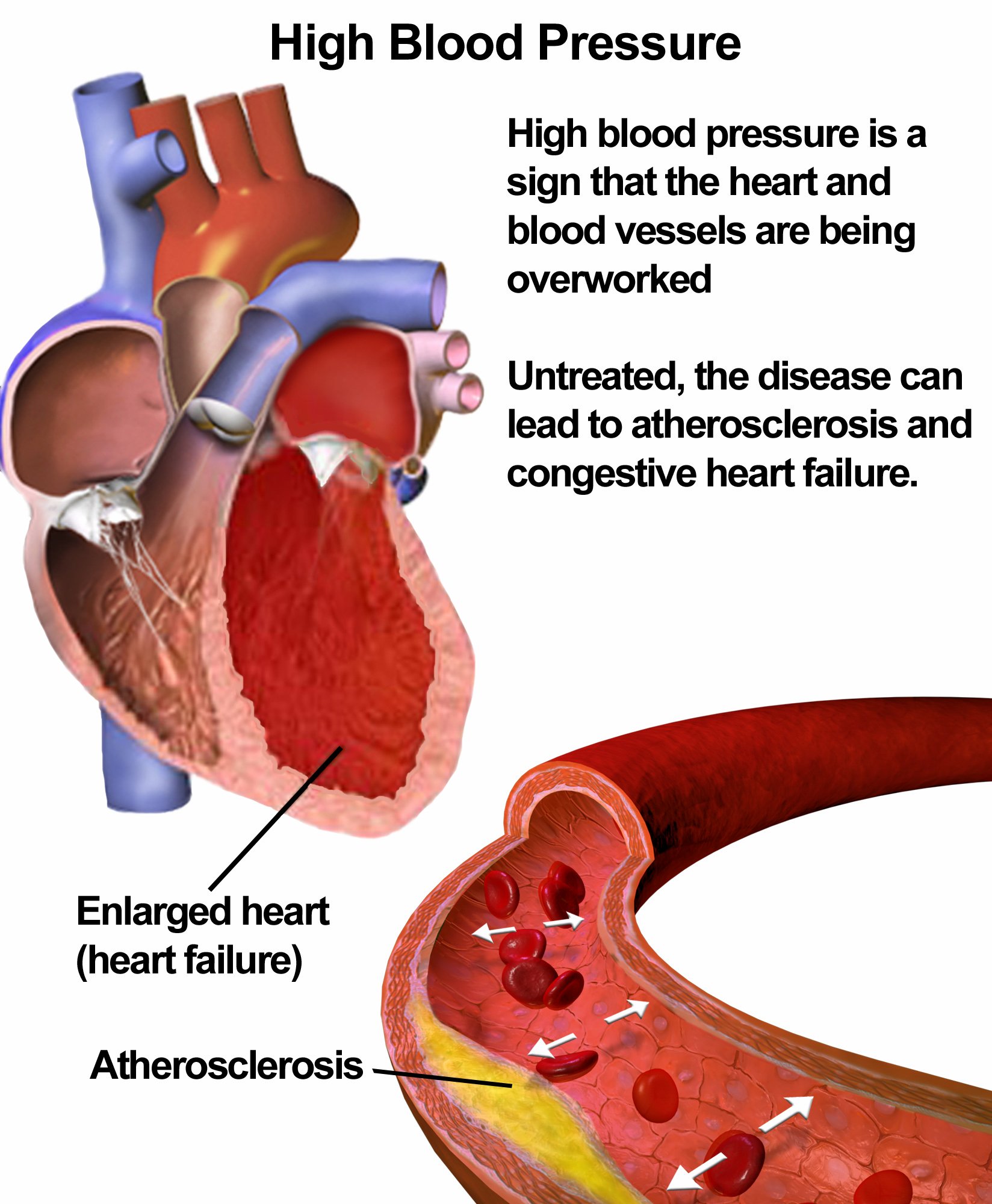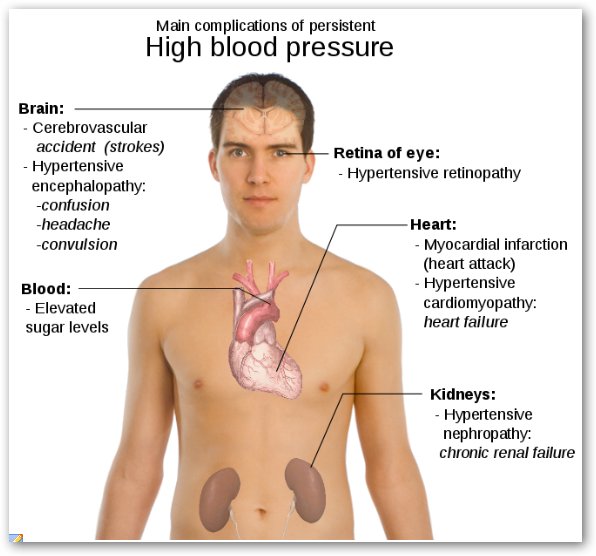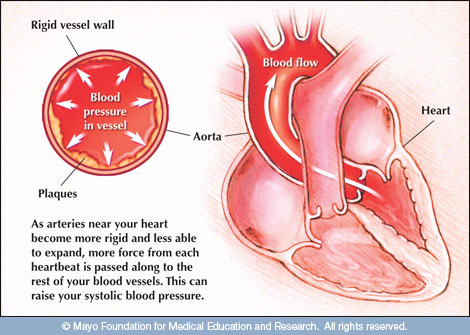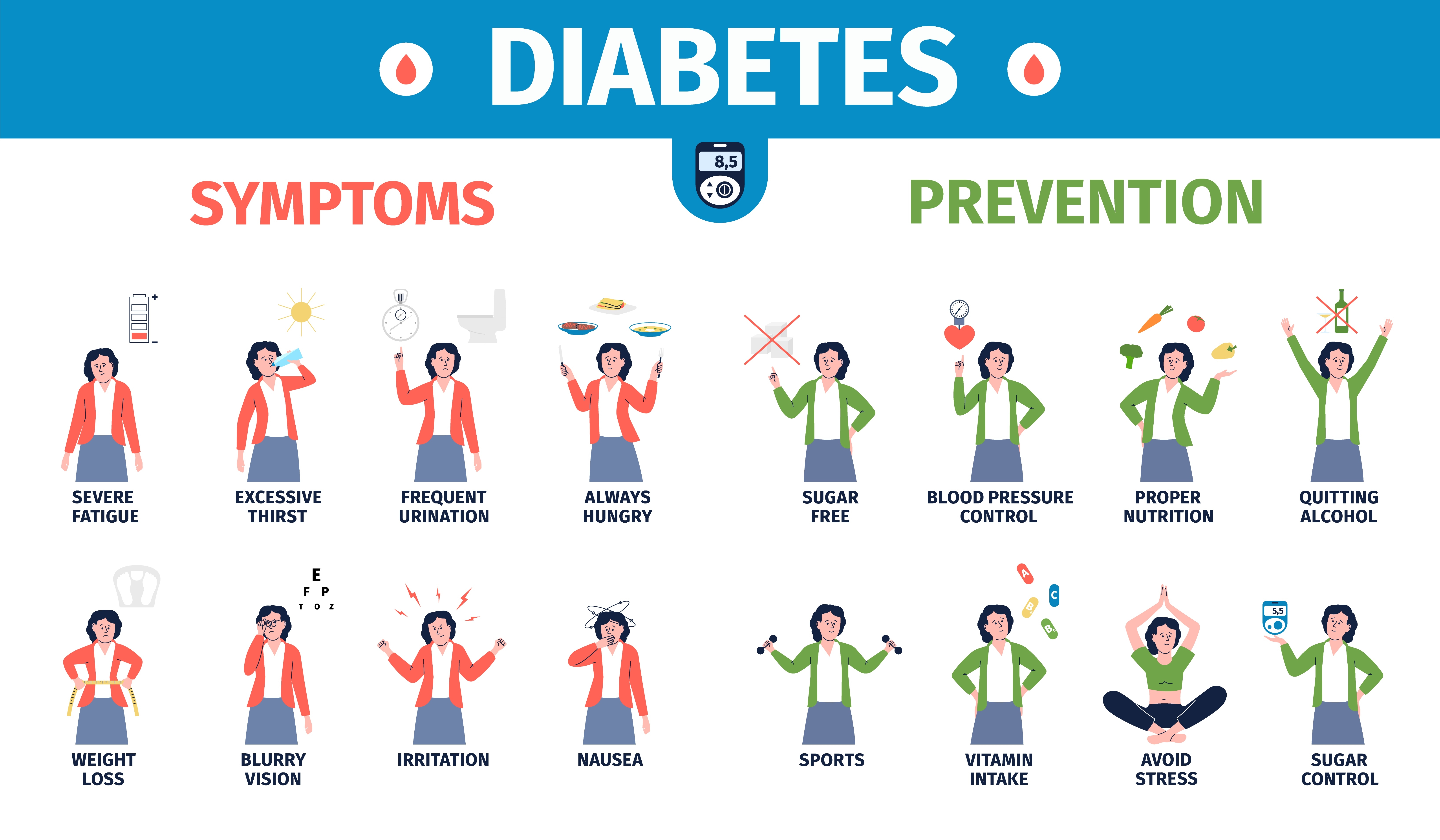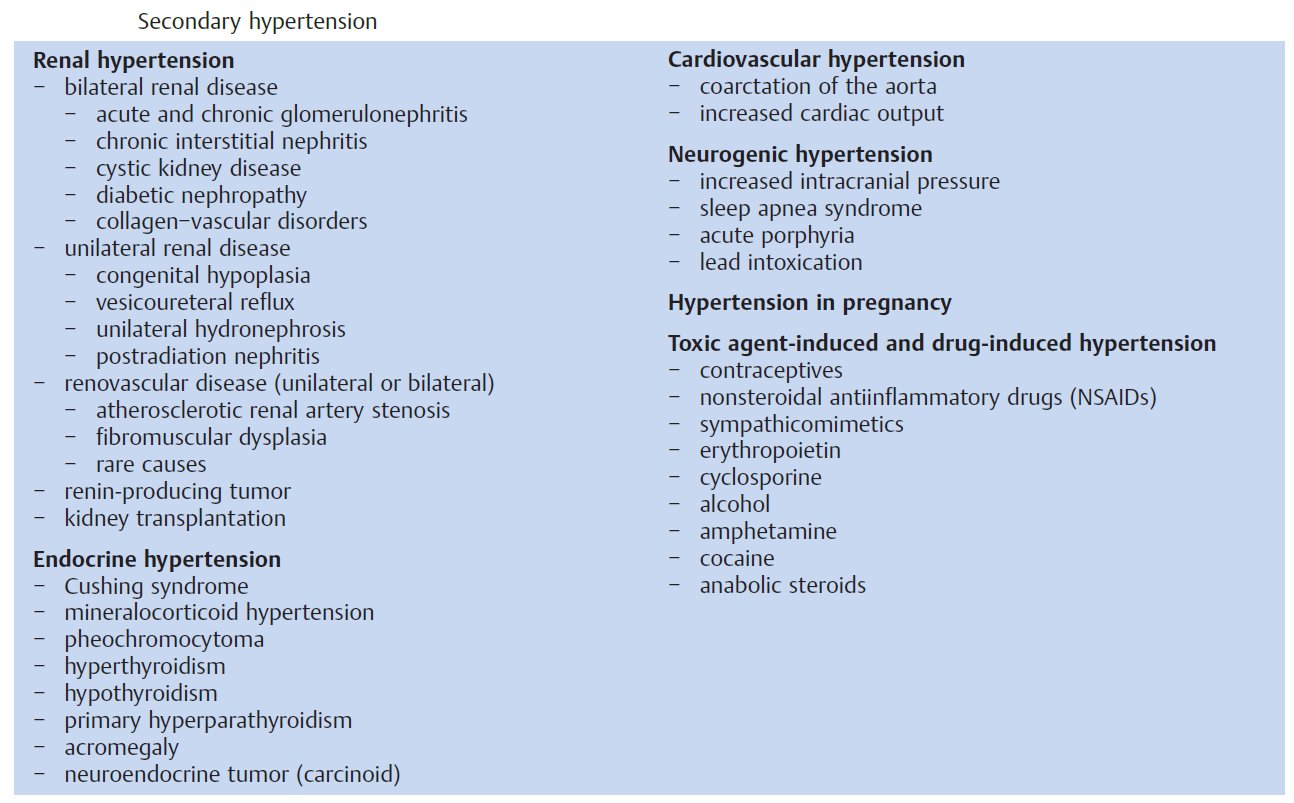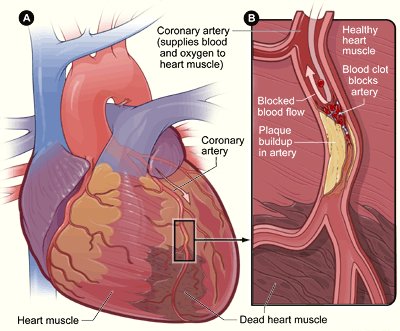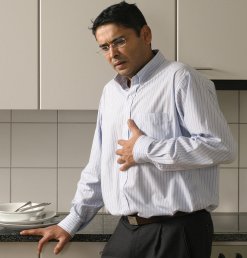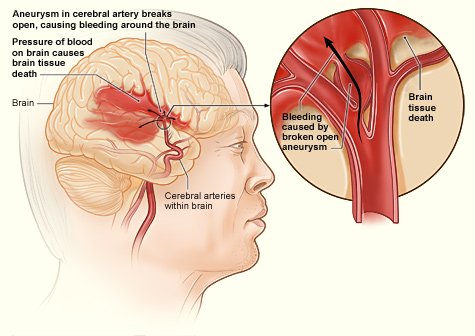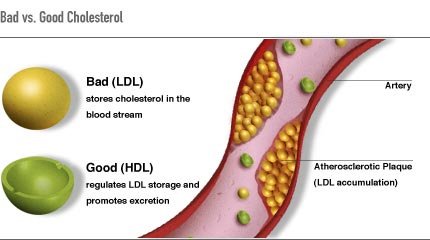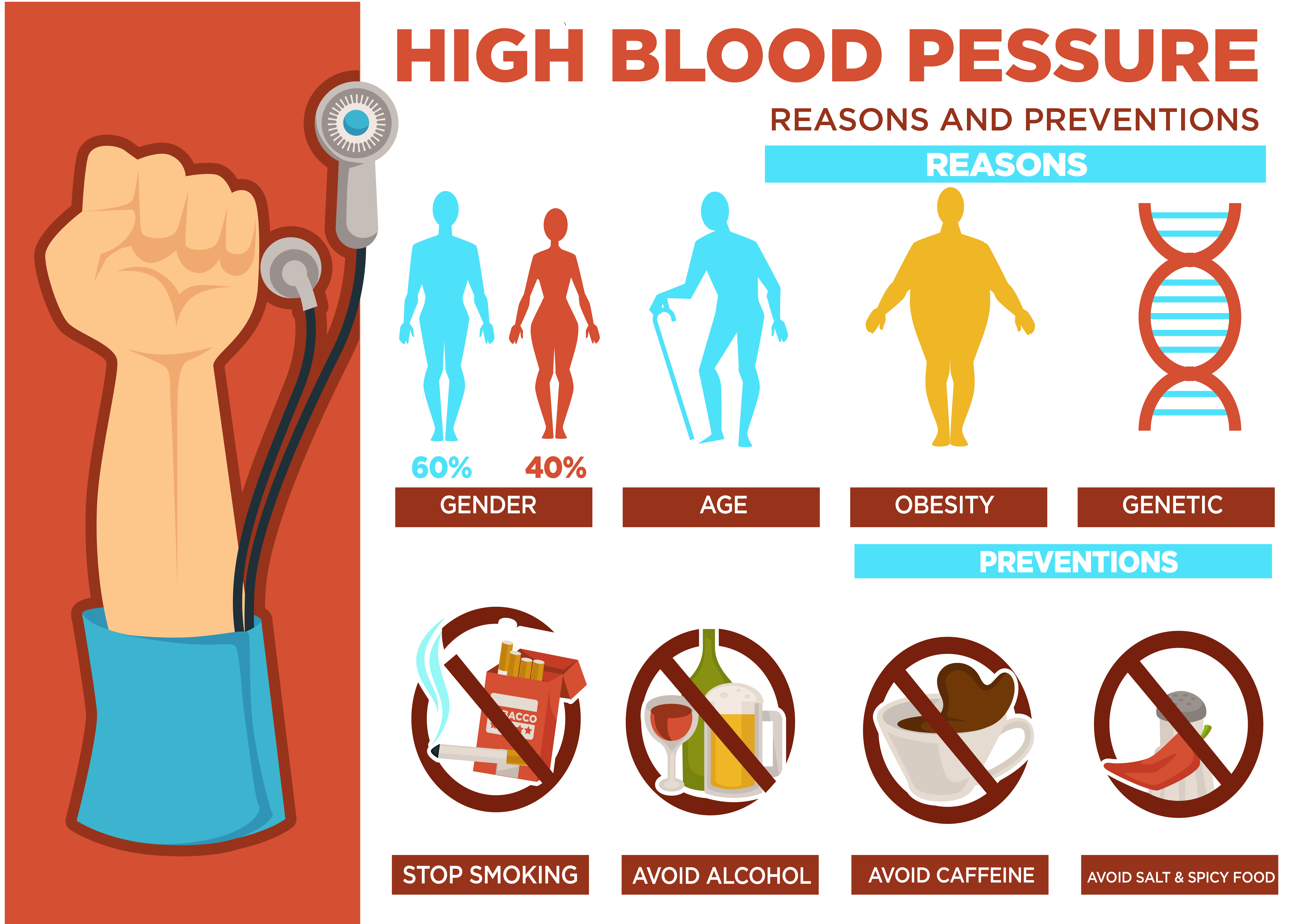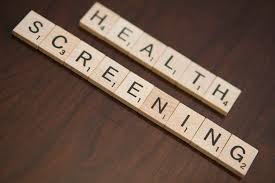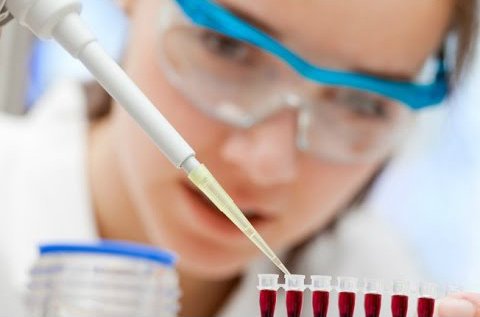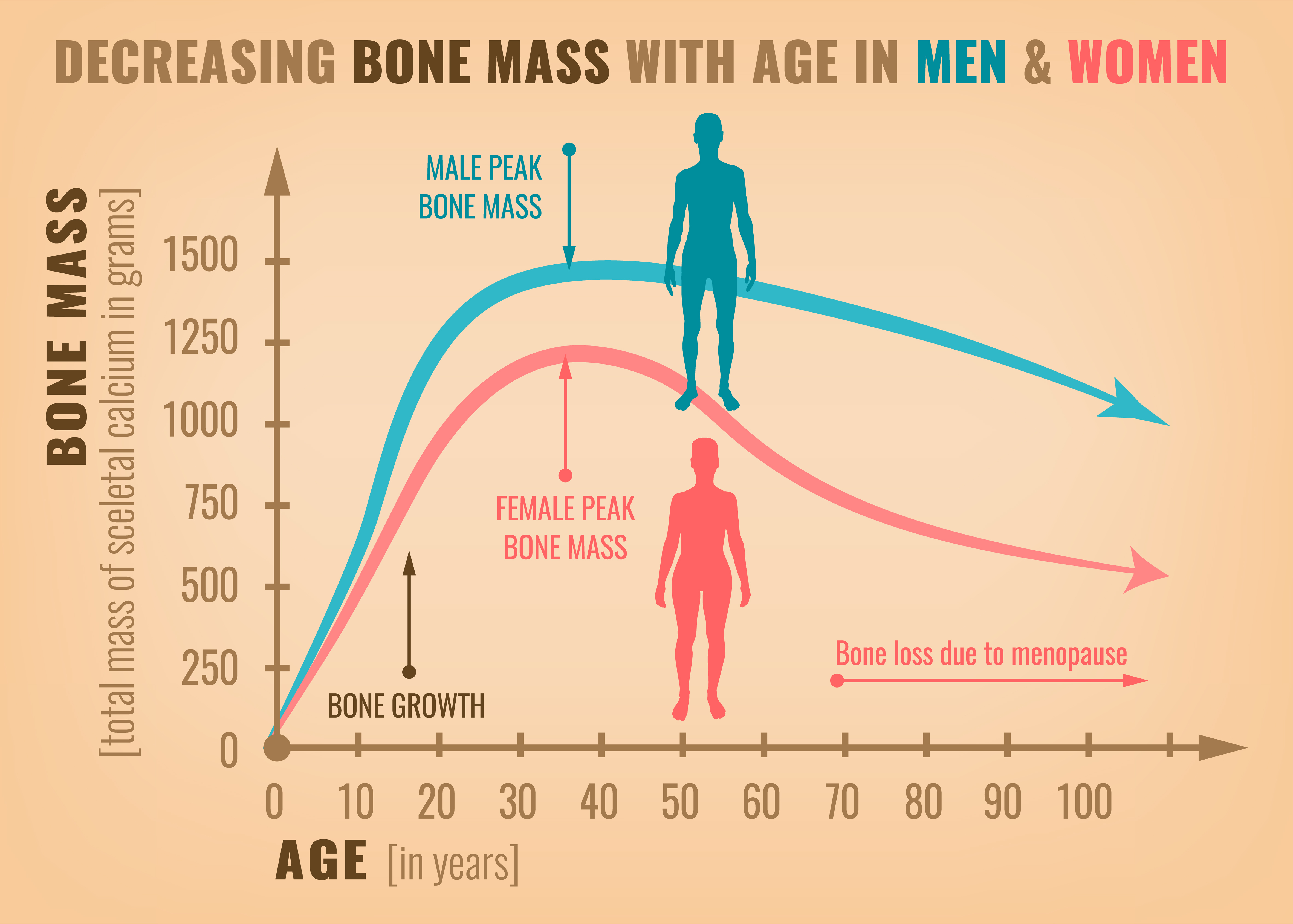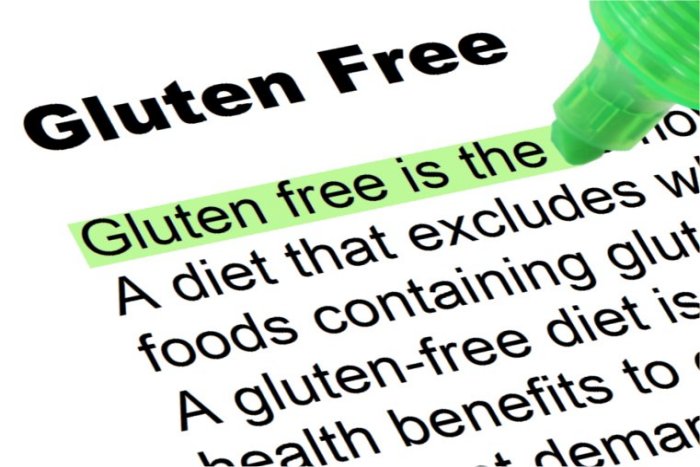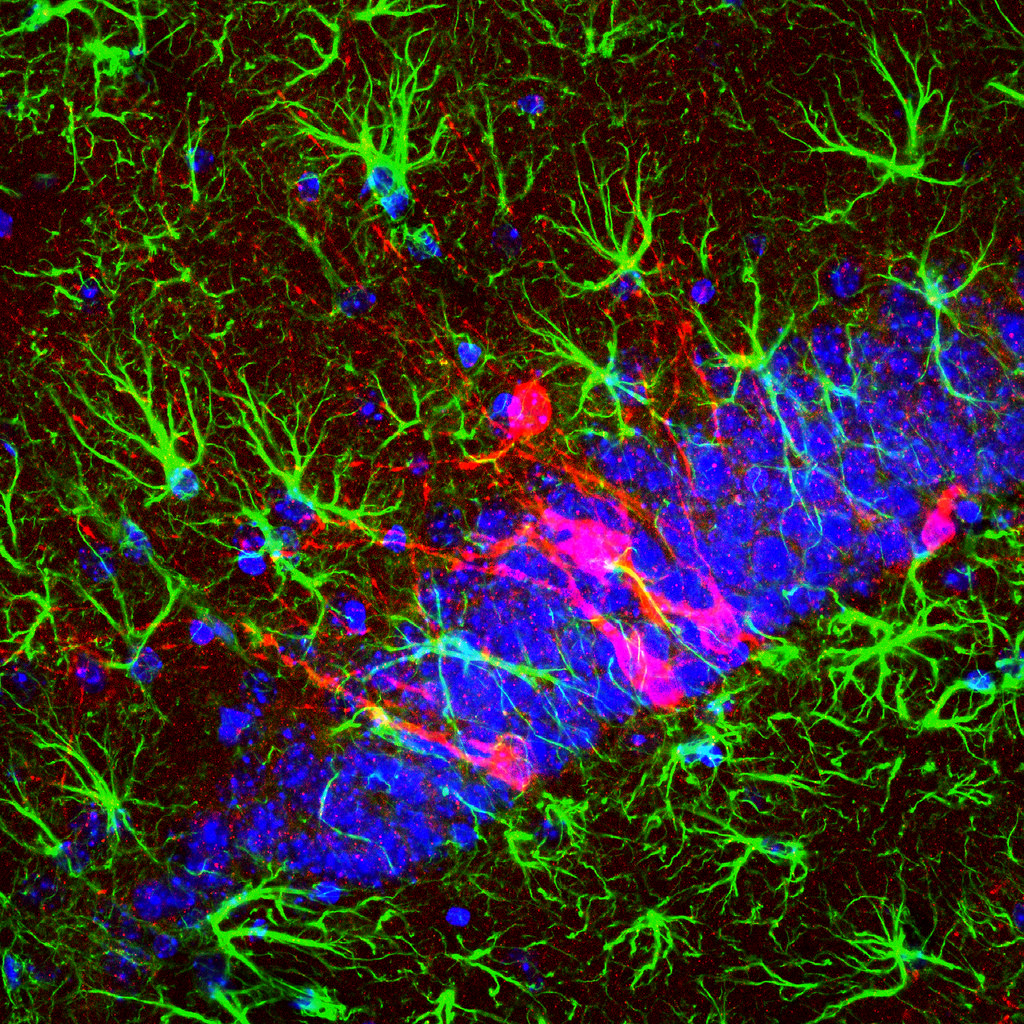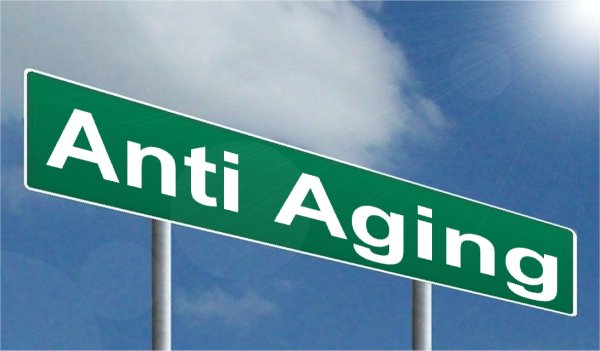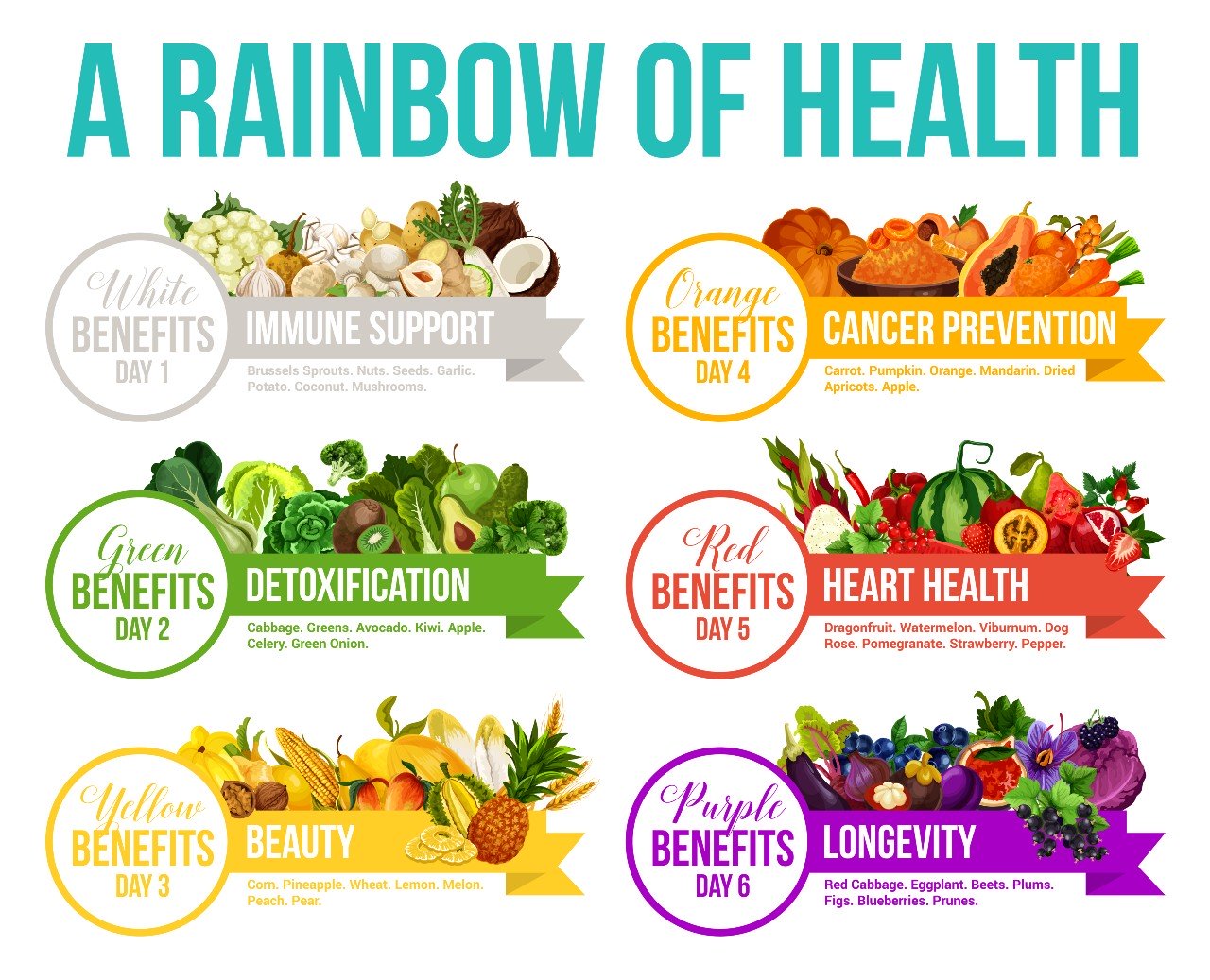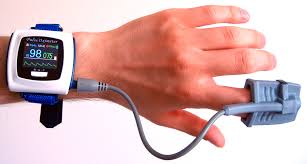 |
Blood Pressure Chart 血圧チャート |
What is the normal blood pressure range?
正常血压范围是多少?
Use the Blood Pressure Chart to assess if you have a healthy blood pressure (BP). Various hypertension definitions are provided.
Blood Pressure Table 血压表
|
Blood Pressure Classification |
|
|
Normal blood pressure range High-Normal blood pressure Grade 1 Hypertension Grade 2 Hypertension Isolated Systolic Hypertension |
|
* Based on Singapore Ministry of Health Clinical Practice Guidelines
Pre-Hypertension to Hypertension Risks & Effects
Hypertension Symptoms & Treatment, Blood Pressure monitoring, BP Chart
Categories of Hypertension 高血压的类别
The various categories of blood pressure are defined according to blood pressure values for both diastolic and systolic blood pressure readings.
Hypertension is defined as Diastolic pressure > 80mmHg and Systolic blood pressure > 130mmHg.
Isolated Systolic Hypertension is defined as Systolic blood pressure >139mmHg in the presence of a Diastolic blood pressure < 90mmHg. It is most frequently seen in elderly people.
Essential hypertension is the presence of sustained hypertension in the absence of underlying, potentially correctable renal, adrenal or other factors.
Mild Hypertension - Mildly hypertensive people have almost twice the risk of vascular disease compared to people with normal blood pressure. Non-drug measures may be suggested by your doctor if there is no evidence of end-organ damage. If after 6 months or more, these methods have not succeeded, then antihypertensive drug therapy may be necessary.
Severe hypertension has a Diastolic blood pressure > 115mmHg. For people with severe hypertension, their blood pressure may be life-threatening. They must be checked immediately by their doctor for hypertensive complications (eg cardiac failure etc). They are more likely to have an underlying cause (eg renovascular disease). Hospitalization may be necessary for these patients. The opinion of a cardiologist is needed because of the likely risk of serious illness or death.
Refractory hypertension exists where control of the blood pressure has not been achieved despite reasonable treatment for 3 or 4 months. A review of a possible secondary cause by your doctor is appropriate. The uncontrolled hypertension may be due to many possible reasons such as drug-related causes, poor compliance, renovascular hypertension, nicotine (smoking), licorice, caffeine (strong coffee), obesity, excessive alcohol intake, excessive salt intake, renal insufficiency, volume overload or illicit substances etc.
In patients aged 50 or less, the Diastolic level always takes precedence over the Systolic level.
All hypertensive people should attempt to adopt the Self-help High Blood Pressure Treatments.
Causes of Secondary Hypertension
Secondary hypertension (secondary high blood pressure) is high blood pressure that's caused by another medical condition. Secondary hypertension can be caused by conditions that affect your kidneys, arteries, heart or endocrine system.
Heart Health - Coronary Heart Disease, Learn what is Angina and Stroke, as well as How to Lower Cholesterol
How to take Blood Pressure
The classification of hypertension categories should be based on the average of 2 or more blood pressure readings on at least 3 or more occasions.
Measuring Blood Pressure should take the following factors into account :
Apprehension - The patient should be rested for at least 5 minutes and made as relaxed as possible. 'White coat hypertension' refers to elevated blood pressure caused by the anxiety of seeing the doctor's white coat. Affecting up to 25% of patients presenting with mild hypertension, these people have a type of conditioned response to the clinic setting, while their home blood pressure profiles are normal.
Caffeine and blood pressure - Patients should not take caffeine/coffee for 4-6 hours before blood pressure measurement.
Smoking - Patients should also avoid smoking for 2 hours before taking blood pressure.
Eating - Patients should not have eaten for 30 minutes.
Please seek Medical attention as soon as possible if you are unsure of you or your family's health condition.
Health Assessment & Screening Packages
High Blood Pressure in Children 儿童高血压
The children of parents with hypertension should be closely watched. Those at risk of secondary hypertension eg renal or cardiovascular disease, urological abnormalities and Diabetes Mellitus, should have routine blood pressure measurements.
Those children with visual changes, headaches or recurrent abdominal pain or seizures should also have a blood pressure check regularly.
These children can also follow the Self-help High Blood Pressure Treatments.
High Blood Pressure during Pregnancy
怀孕期间的高血压
High blood pressure in pregnancy can be either Preeclampsia (pregnancy induced hypertension) or Essential hypertension. Blood pressure levels normally drop during the second trimester and rise in the third. Hypertensive pregnant women should be properly supervised by their obstetrician.
Noel Bairey Merz: The single biggest health threat women face
Surprising, but true: More women now die of heart disease than men, yet cardiovascular research has long focused on men. Pioneering doctor C. Noel Bairey Merz shares what we know and don't know about women's heart health -- including the remarkably different symptoms women present during a heart attack (and why they're often missed).
How a Gluten-free Diet can Improve your Chronic Illnesses
Healthy Diets for Optimal Health
|
The information provided in this website is for knowledge purposes only. It does not constitute medical advice.
Should you encounter any medical problem that you are unsure of, always consult your doctor or health care provider for assistance and medical advice.
